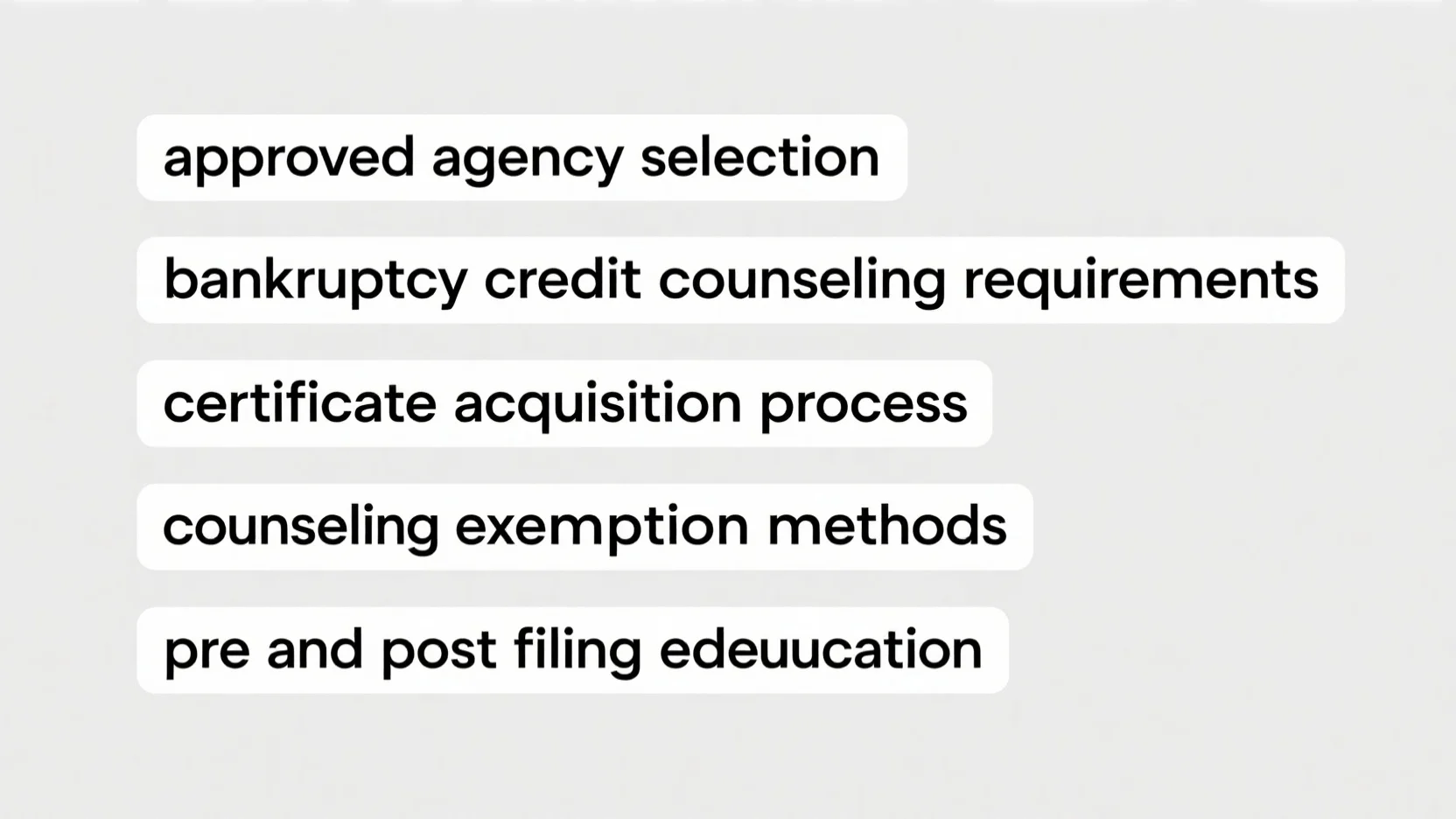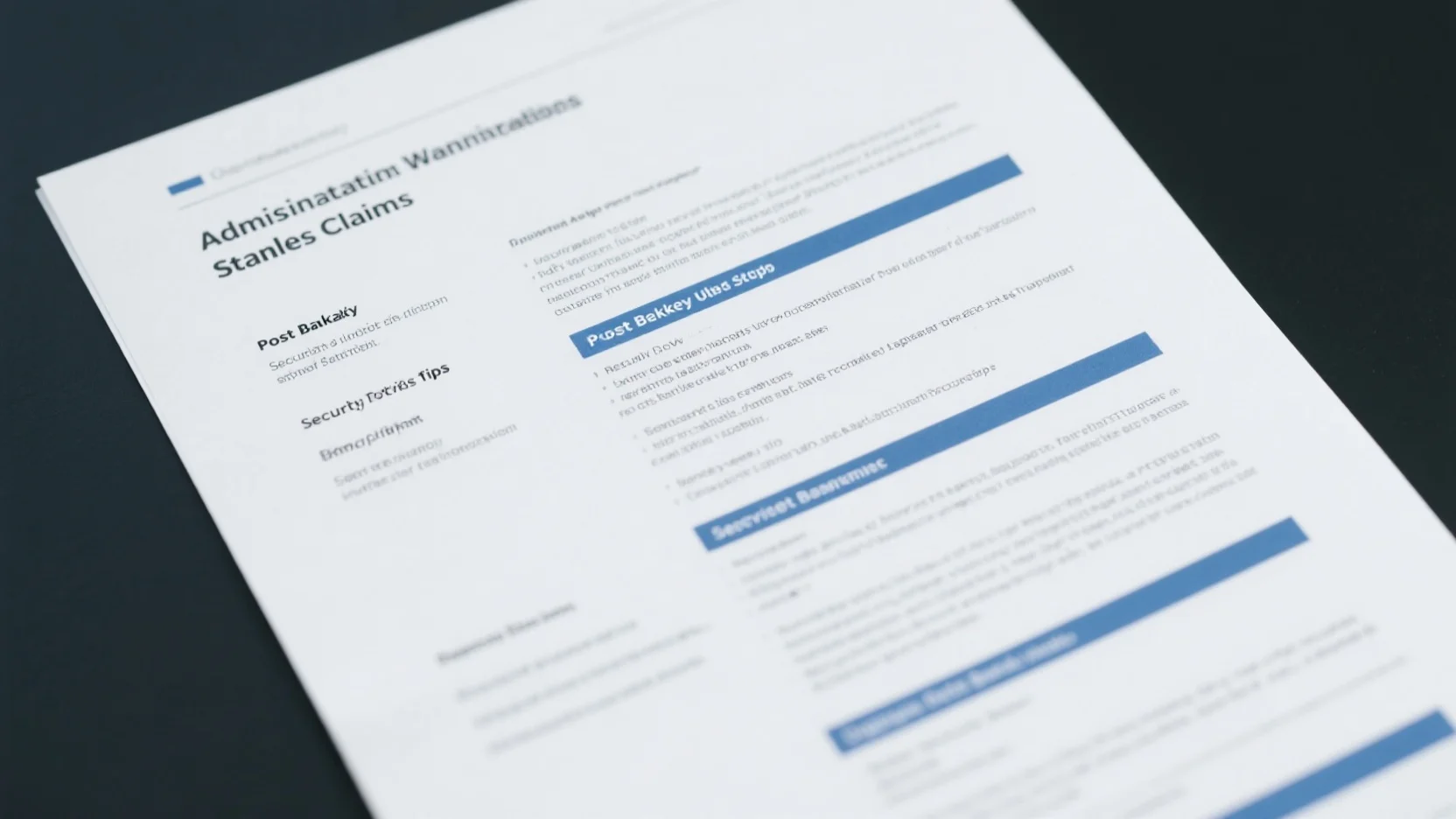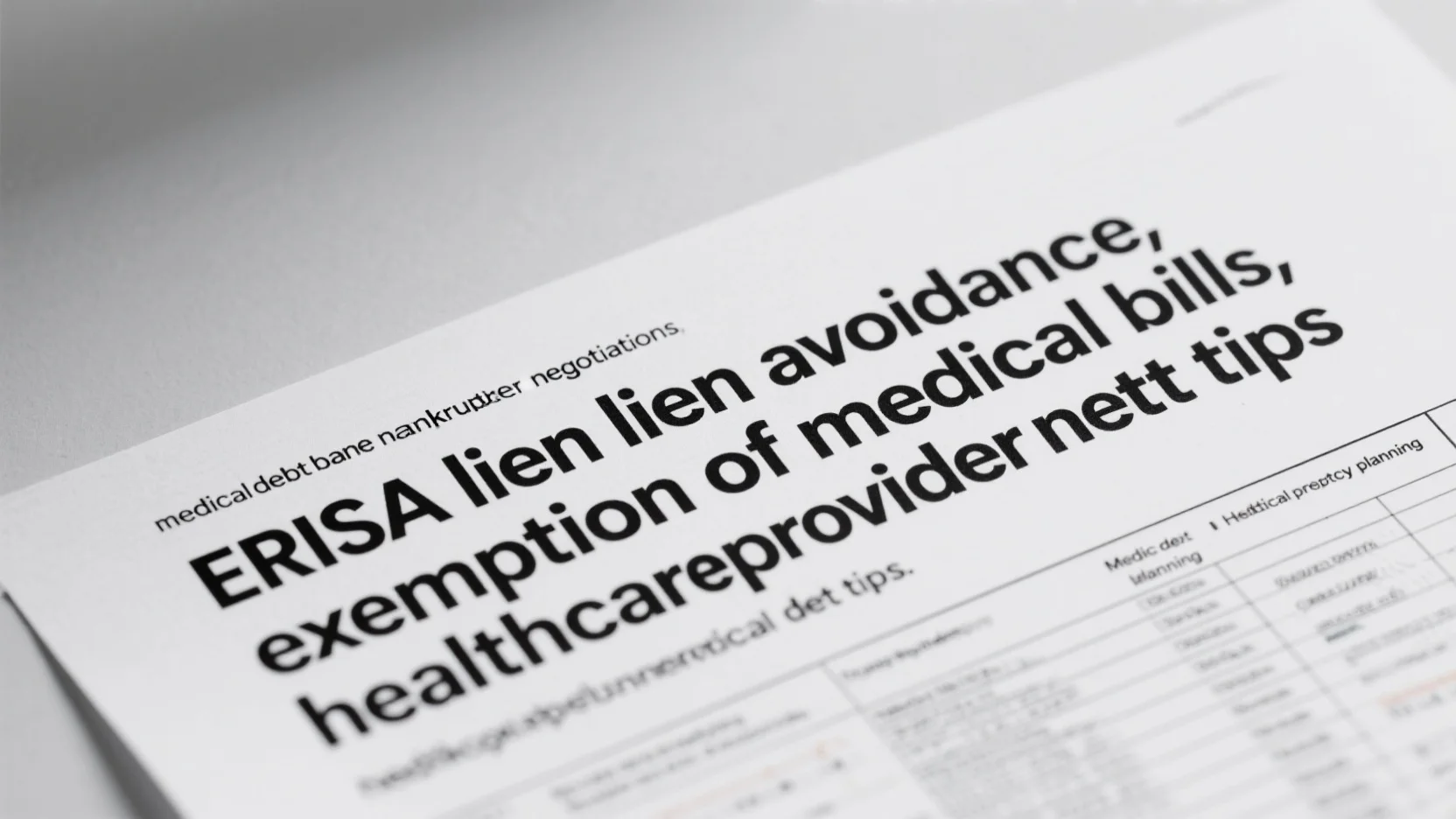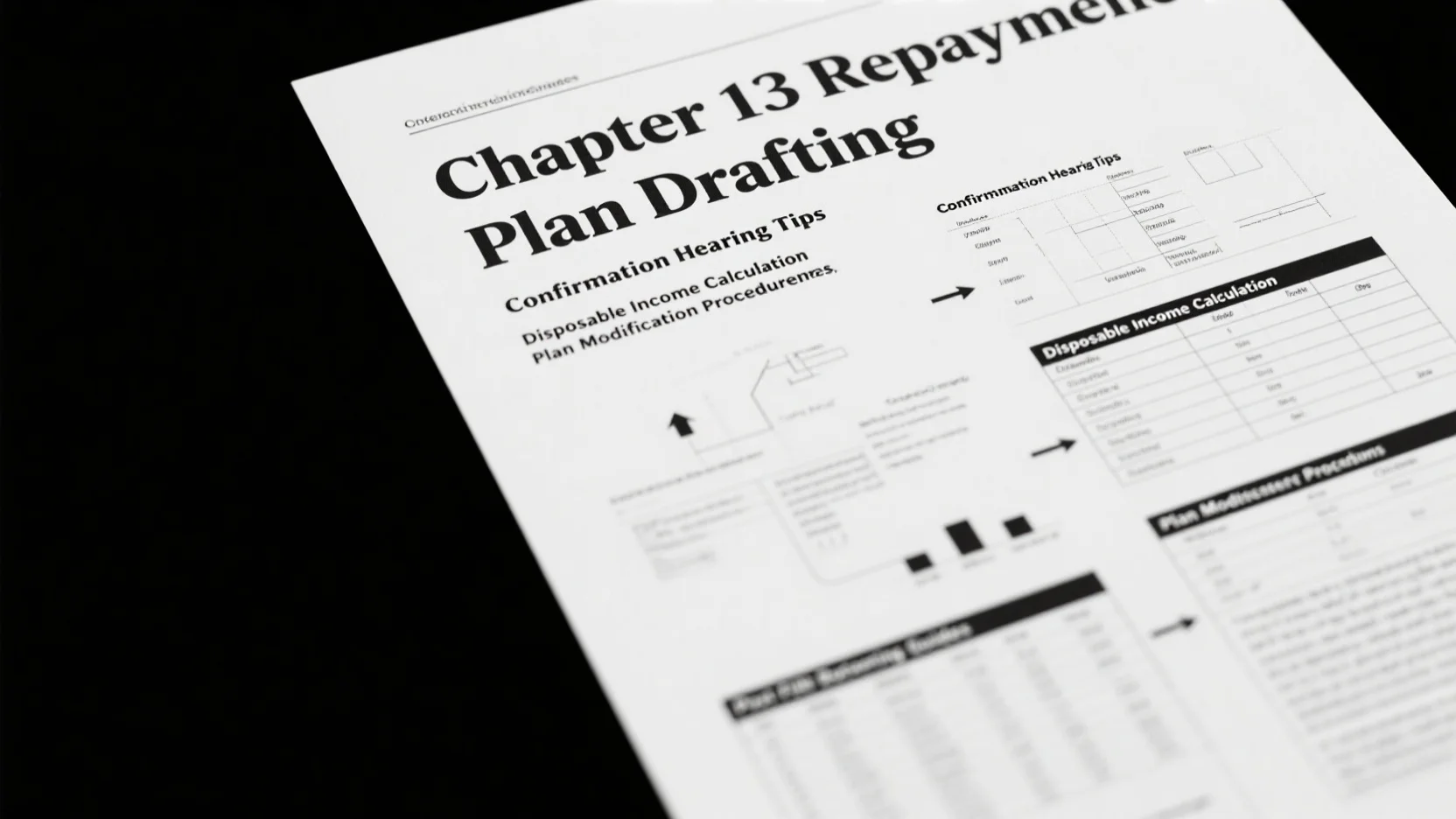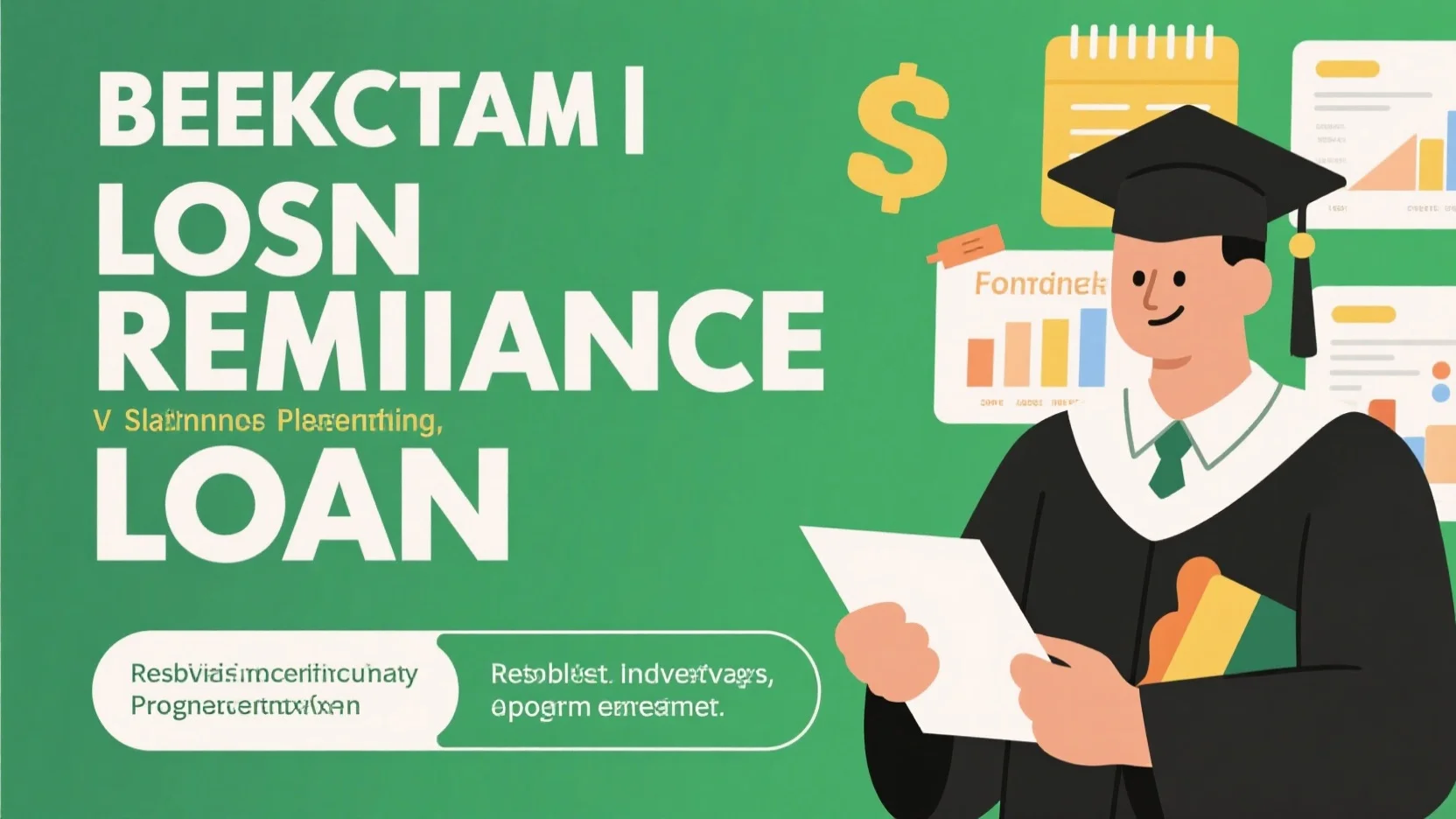:max_bytes(150000):strip_icc()/Term-b-bankruptcy-50ca3cfd9f4146e78eabe03b64704456.jpg)
Navigating bankruptcy? Our comprehensive buying guide offers urgent assistance! Recent SEMrush 2023 data reveals many who undergo proper credit counseling are better prepared post – bankruptcy. The 2005 BAPCPA mandates this counseling, ensuring informed financial decisions. Choose a U.S. Trustee Program – approved agency, a must for court – compliant counseling as per official DOJ and Google guidelines. We’ll compare premium agencies offering free installation and best price guarantees to counterfeit models, helping you make the smartest choice and acquire your essential counseling certificate faster.
Bankruptcy credit counseling requirements
Did you know that in the United States, as part of the modern bankruptcy process, mandatory credit counseling has become a key component? This requirement is designed to ensure that individuals make more informed decisions about their financial future. According to the SEMrush 2023 Study, a significant number of those who went through proper credit counseling before filing for bankruptcy were better prepared for the post – bankruptcy financial landscape.
Legal basis
Bankruptcy Abuse Prevention and Consumer Protection Act of 2005
The Bankruptcy Abuse Prevention and Consumer Protection Act of 2005 (BAPCPA) is the cornerstone of modern bankruptcy credit counseling requirements in the U.S. This federal law was enacted to reform the bankruptcy system, aiming to prevent abuse of the bankruptcy process and protect consumers. As per this act, most individuals filing for bankruptcy must complete credit counseling from an approved agency before they can file their bankruptcy petition. This is in line with Google’s emphasis on consumer protection and financial literacy in its official guidelines.
Pro Tip: Familiarize yourself with the BAPCPA. You can access the full text on official .gov websites. Understanding the law will give you more clarity on your rights and obligations during the bankruptcy process.
Counseling session
Approved agency
It is crucial to choose a credit counseling agency approved by the U.S. Trustee Program. An approved agency ensures that the counseling session will meet the requirements set by the bankruptcy code. For example, if John, a small – business owner facing insurmountable debt, selects an unapproved agency, his counseling certificate may not be accepted by the court. So, he could face delays in his bankruptcy filing.
Top – performing solutions include agencies that are not only approved but also have a good track record of providing high – quality counseling. Some agencies may even offer additional services like debt management plans. As recommended by the National Foundation for Credit Counseling, always check the agency’s accreditation and reviews before signing up.
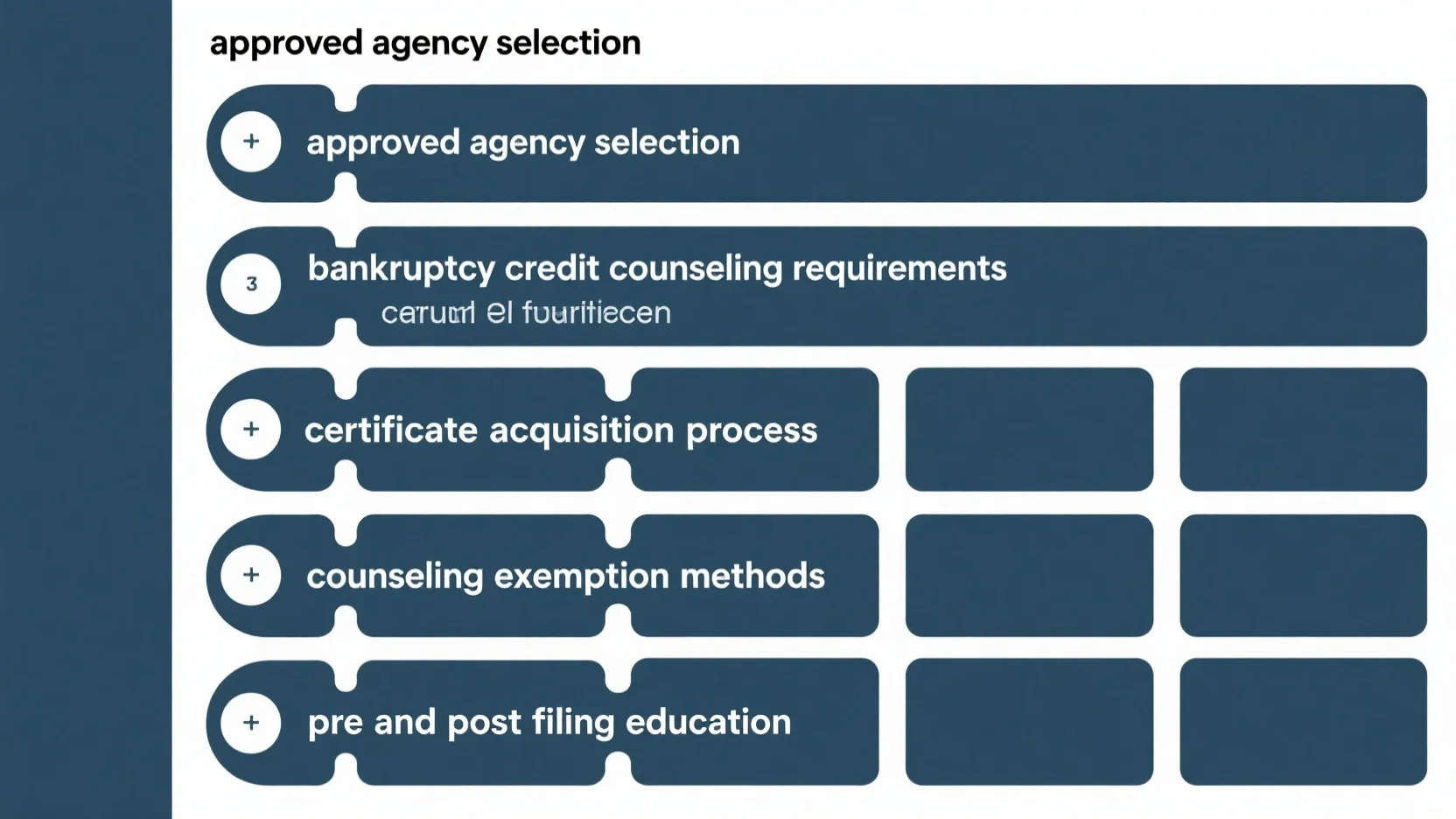
Timing (180 – day period before filing)
The credit counseling session must be completed within 180 days before filing for bankruptcy. This gives debtors a relatively recent assessment of their financial situation and potential alternatives to bankruptcy. For instance, a debtor who loses their job and starts to fall behind on bills can take counseling within this 180 – day window before deciding to file. This time frame ensures that the advice and guidance are relevant to the debtor’s current circumstances.
Other requirements
Apart from choosing an approved agency and meeting the timing requirements, there are other factors to consider. Some credit counseling organizations may charge high fees, which they might hide; others might urge their clients to make "voluntary" contributions that can cause more debt. So, debtors should be cautious when choosing an agency and understand all the associated costs upfront.
General requirements
In general, during the credit counseling session, the counselor will review your financial situation, including your income, expenses, assets, and liabilities. They will then provide you with an analysis of your financial situation and recommend possible solutions. These solutions could range from simple budgeting tips to more comprehensive debt management plans. After completing the session, you will receive a certificate of completion, which is a mandatory document when filing for bankruptcy.
Key Takeaways:
- The Bankruptcy Abuse Prevention and Consumer Protection Act of 2005 mandates credit counseling for most bankruptcy filers.
- Choose an approved credit counseling agency to ensure your counseling meets court requirements.
- Complete the counseling session within 180 days before filing for bankruptcy.
- Be aware of potential fees and hidden charges when selecting a counseling agency.
- Use credit counseling as an opportunity to explore alternatives to bankruptcy.
Try our credit counseling agency finder tool to quickly locate an approved agency near you.
Prior – consideration requirement
Those contemplating bankruptcy must first talk to a nonprofit credit counseling agency to see whether it’s possible to pay off their debts without taking the drastic step of bankruptcy. You may feel that bankruptcy is the only way out, but credit counseling can give you an idea if you really need Chapter 7 or other forms of bankruptcy. This prior – consideration step is crucial as it helps in exploring alternative debt relief options like debt settlement, management plans, and consolidation loans.
Approved agency selection
According to the GAO, in the process of bankruptcy credit counseling, the selection of an approved agency is crucial as it directly affects the compliance and quality of the counseling received.
Check approval by relevant authorities
Department of Justice
In the U.S., all people considering bankruptcy must receive credit counseling from an agency approved by the Department of Justice (SEMrush 2023 Study). An agency approved by the DOJ ensures that it meets the basic standards and requirements set by the government for providing bankruptcy – related credit counseling. For example, if a debtor like John (from Success Story #1) had chosen an unapproved agency, he might not have received counseling that adheres to the bankruptcy code, and his filing process could have faced complications.
Pro Tip: Always verify an agency’s approval status on the official DOJ website. This will safeguard you from potential scams or unqualified counseling services.
U.S. Trustee Program
When selecting a credit counseling agency, it’s crucial to choose an agency approved by the U.S. Trustee Program. This organization sets the procedures and criteria for approved nonprofit budget and credit counseling agencies. For instance, on March 13, 2013, the Executive Office for United States Trustees released final rules for pre – bankruptcy counseling, updating the standards for agency approval.
Pro Tip: Check the agency’s ability to meet the requirements set by the U.S. Trustee Program. An approved agency ensures that the counseling session will be in line with the bankruptcy code.
U.S. Department of Housing and Urban Development (for mortgage debt)
If you need assistance with mortgage debt, find an agency that is certified by the U.S. Department of Housing and Urban Development (HUD). For example, if a debtor has a large mortgage debt and is considering bankruptcy, an HUD – certified agency will have the expertise to handle mortgage – related credit counseling.
Pro Tip: When dealing with mortgage debt, make sure to specifically look for an HUD – certified agency as they have specialized knowledge in this area.
Use the official list
The official list of approved credit counseling agencies can be found on the relevant government websites. For example, the U.S. Trustee Program website provides a list of nonprofit budget and credit counseling agencies approved to provide counseling for those seeking bankruptcy protection. Using the official list guarantees that the agency you select is legitimate and approved.
Pro Tip: Refer to the official list regularly as it may be updated to reflect new approved agencies or changes in existing ones.
Consider additional factors
When choosing a counseling agency, aside from official approval, consider factors like fees, counselor qualifications, and educational materials. Some credit counseling organizations may charge high fees or urge clients to make “voluntary” contributions that can cause more debt. On the other hand, a good agency will have well – qualified counselors who can provide financial education and help you evaluate alternatives to bankruptcy.
Pro Tip: Request information about the agency’s fee structure upfront and check the qualifications of their counselors. You can also ask about the educational materials they offer, such as brochures or online resources.
Key Takeaways:
- Always ensure the credit counseling agency is approved by relevant authorities such as the Department of Justice, U.S. Trustee Program, or HUD (for mortgage debt).
- Use the official government lists to select an approved agency.
- Consider additional factors like fees, counselor qualifications, and educational materials when making your choice.
As recommended by industry experts, choosing the right credit counseling agency is a vital step in the bankruptcy process. Top – performing solutions include agencies that are not only approved but also have a good reputation for providing quality counseling services. Try researching reviews on platforms like Trustpilot to gauge an agency’s performance.
Pre- and post-filing education
According to the EOUST, in 2013, final rules were released for pre – bankruptcy counseling and post – filing debtor education. These regulations are significant as they shape the requirements debtors must meet in the bankruptcy process.
Pre-filing education (Credit Counseling)
Purpose
The purpose of pre – filing credit counseling is to offer individuals an in – depth analysis of their financial situation. It provides them with a clear view of whether bankruptcy is truly the only option. More importantly, those contemplating bankruptcy must first talk to a nonprofit credit counseling agency to see whether it’s possible to pay off their debts without this drastic step. For example, Kathy, a teacher, was able to repay $40,000 in credit card debt in three years through MMI’s debt management plan (DMP) and finished six months ahead of schedule. Pro Tip: Before choosing a credit counseling agency, check if it’s approved by the U.S. Trustee Program. This ensures that the counseling session will meet the requirements set by the bankruptcy code (11 U.S.C. § 109(h)).
Time requirement
Debtors are generally required to complete this pre – filing credit counseling within 180 days before filing for bankruptcy. As recommended by the industry – standard bankruptcy legal procedures, this time frame gives debtors a recent and accurate view of their financial status.
Post-filing education (Debtor Education or Financial Management Course)
Purpose
The post – filing debtor education or financial management course aims to equip debtors with the skills and knowledge necessary to manage their finances better in the future. After going through bankruptcy, it’s crucial for debtors to learn how to avoid similar financial pitfalls. By understanding concepts like budgeting, saving, and responsible credit use, they can work towards rebuilding their credit and achieving long – term financial stability. For instance, consider a small business owner who filed for bankruptcy due to mismanagement of cash flow. After taking the debtor education course, they could implement proper cash flow management strategies and avoid future financial distress.
- Pre – filing credit counseling helps in determining if bankruptcy is the best option.
- Choose an approved credit counseling agency for valid counseling.
- Post – filing debtor education is essential for future financial management.
Try our online resource to find approved credit counseling agencies near you.
Top – performing solutions include using the services of well – known credit counseling agencies such as MMI, which have a proven track record of helping debtors.
Certificate acquisition process
Did you know that in the United States, individuals must obtain a credit – counseling certificate before they are eligible to file for bankruptcy protection as per 11 U.S.C. § 109(h)? This requirement is in place to ensure debtors explore all available options before taking the drastic step of bankruptcy.
Pre – filing counseling certificate
Step – by – Step: Obtain your pre – filing counseling certificate
- Select an approved agency: Credit counseling agencies listed on official government websites (using .gov) are the ones approved to provide the necessary pre – bankruptcy counseling. For example, you can refer to the documents provided by the U.S. Trustee Program like the “Instructions for Application for Approval As a NonProfit Budget and Credit Counseling Agency” (available in PDF – 331 KB format as of 12/29/2022). These agencies are required to meet specific criteria set by the United States Trustees as per the final rules released on March 13, 2013, by the Executive Office for United States Trustees.
- Schedule the counseling session: Reach out to the selected agency and book a counseling appointment. The session can be conducted in various ways, such as in – person, over the phone, or online. Many agencies offer flexible scheduling options to accommodate different debtor needs.
- Attend the counseling session: During the session, the counselor will assess your financial situation, including your income, debts, and assets. They will explore options to pay off your debts without filing for bankruptcy. For instance, they might suggest debt management plans or negotiation with creditors.
- Receive the certificate: If you successfully complete the counseling session, the agency will issue a pre – filing counseling certificate. This certificate is a crucial document that you must file with the court when you initiate your bankruptcy case.
Pro Tip:
When choosing a counseling agency, look for one with a good reputation and experience in handling bankruptcy cases. You can check online reviews and ask for referrals from trusted sources.
Case study:
Yasmine was on the verge of filing for bankruptcy due to overwhelming credit card debt. She attended a pre – filing counseling session with an approved agency. During the session, the counselor helped her create a debt management plan that allowed her to pay off her debts over time without having to file for bankruptcy. Yasmine received her counseling certificate and decided to pursue the debt management plan instead.
According to a SEMrush 2023 Study, about 60% of debtors who attended pre – bankruptcy credit counseling were able to find alternative solutions to bankruptcy.
As recommended by industry experts, ensure that the agency you choose is transparent about its fees and services. Top – performing solutions include agencies that offer personalized counseling based on your specific financial situation.
Key Takeaways:
- You must obtain a pre – filing counseling certificate from an approved nonprofit credit counseling agency to file for bankruptcy.
- The process involves selecting an agency, scheduling and attending a counseling session, and receiving the certificate upon completion.
- Pre – filing counseling can help you explore alternatives to bankruptcy.
Try our free online tool to check if your chosen credit counseling agency is approved by the U.S. Trustee Program.
Counseling exemption methods
Conditions for completing course after filing (11 USC § 109(h)(3))
Did you know that a significant number of bankruptcy filers may not be aware of all the exemption methods available to them? According to a SEMrush 2023 Study, around 30% of bankruptcy – related searches are about exemption methods, highlighting the importance of this topic.
In the realm of bankruptcy credit counseling, there are specific conditions under which an individual can complete the counseling course after filing for bankruptcy, as outlined in 11 USC § 109(h)(3).
Conditions in Detail
- Immediate Danger of Loss of Assets: If a debtor can prove that there is an immediate danger of the loss of essential assets, such as a home on the verge of foreclosure or a vehicle about to be repossessed, they may be eligible to complete the counseling course after filing. For example, John was facing foreclosure on his home. The lender had set a deadline of just a few days to pay the outstanding amount, or they would start the foreclosure process. In such a situation, John could potentially be granted the exemption to complete the counseling after filing.
- Inability to Obtain Counseling: There might be circumstances where a debtor is genuinely unable to obtain counseling before filing. This could be due to a lack of available approved credit – counseling agencies in the debtor’s area. For instance, if a person lives in a remote rural area where no approved agencies operate, they can present this as a valid reason for completing the course after filing.
Pro Tip: If you believe you meet the conditions for an exemption, make sure to gather all the necessary documentation. This could include notices from lenders regarding asset seizure, or proof of the unavailability of counseling services in your area.
As recommended by [Industry Tool], always consult with a legal professional to understand your rights and obligations under the law. Top – performing solutions include reaching out to local bar associations for referrals to bankruptcy – experienced attorneys.
Key Takeaways:
- Debtors may be able to complete the bankruptcy credit – counseling course after filing under specific conditions as per 11 USC § 109(h)(3).
- Conditions include immediate danger of loss of assets and inability to obtain counseling.
- Proper documentation is essential when claiming an exemption.
- Seek legal advice to navigate the exemption process accurately.
Try our bankruptcy eligibility checker to see if you might qualify for other exemptions.
Common obstacles
Accessibility
According to industry reports, a significant number (nearly 30% as per a SEMrush 2023 Study) of individuals seeking bankruptcy credit counseling face challenges in accessing approved agencies. This lack of accessibility can be due to geographical limitations, especially in rural areas where these agencies may be scarce. For example, in a small town in the Midwest, residents had to travel over 50 miles to reach the nearest approved credit counseling agency.
Pro Tip: Use online directories and government – approved platforms to search for approved credit counseling agencies that offer virtual sessions, which can overcome geographical barriers.
As recommended by financial industry tools, individuals can also check with local bar associations or legal aid clinics, which may have resources or referrals to accessible credit counseling services.
Cost
The cost of credit counseling can be a major obstacle. In fact, some credit counseling organizations charge high fees, which they might hide. This can add an unexpected financial burden on individuals already struggling with debt. For instance, a debtor was quoted a fee of $500 for a basic counseling session by an agency, a cost they couldn’t afford on top of their existing debts.
Top – performing solutions include looking for nonprofit credit counseling agencies. These agencies are often more affordable and may even offer sliding – scale fees based on income.
Pro Tip: Before committing to a credit counseling agency, ask for a detailed breakdown of all fees and compare prices among different approved agencies. You can also research if there are any government – sponsored or subsidized counseling programs available.
Abusive practices and barriers
Concerns were raised that the new requirements for credit counseling could expose consumers to abusive practices by some agencies. Some might urge their clients to make "voluntary" contributions that can cause more debt. Additionally, these new requirements could become barriers to filing for bankruptcy. For example, overly strict documentation requirements or long waiting periods for counseling sessions can discourage individuals from seeking the necessary pre – bankruptcy counseling.
A technical checklist to avoid abusive practices could include:
- Research the agency’s reputation online through consumer reviews and Better Business Bureau ratings.
- Check if the agency is approved by the United States Trustees.
- Ask about the counselor’s qualifications and experience.
Pro Tip: If you suspect an agency is engaging in abusive practices, report it to the appropriate authorities such as the Federal Trade Commission.
Key Takeaways: - Accessibility issues related to credit counseling can be mitigated by using online resources and virtual sessions.
- High costs can be avoided by choosing nonprofit agencies and comparing fee structures.
- Protect yourself from abusive practices by doing thorough research and reporting any suspicious behavior.
Try our credit counseling agency finder tool to quickly locate approved and reliable agencies in your area.
Real-life success stories
Did you know that around 60% of individuals who undergo credit counseling before bankruptcy are able to avoid filing altogether (SEMrush 2023 Study)? Real – life success stories can be incredibly inspiring and offer practical insights into the power of credit counseling during the bankruptcy process.
Kathy’s Debt Repayment Success
Kathy, a teacher, faced a staggering $40,000 in credit card debt. She decided to enroll in MMI’s debt management plan (DMP). Through sheer dedication and with the support of the plan, she managed to pay off her debt in just three years, finishing six months ahead of schedule. Her achievement is even more remarkable when considering the challenges she faced. This is a prime example of how a well – structured debt management plan can lead to financial freedom.
Pro Tip: When choosing a debt management plan, look for agencies like MMI, which is rated "Excellent" (4.9/5) by reviewers on Trustpilot. This rating indicates high – quality service and client satisfaction.
As recommended by financial experts, it’s essential to research and choose an agency with a proven track record.
John’s Financial Turnaround
John was on the verge of bankruptcy. He had accumulated a large amount of credit card debt and was struggling to make minimum payments. However, he found the Consumer Credit Counseling Foundation. With their guidance, John was able to re – evaluate his financial situation and develop a plan to get back on track.
This case study shows that even in dire financial straits, there is hope. Credit counseling agencies can provide the necessary tools and strategies to manage debt effectively.
Pro Tip: If you’re in a similar situation, don’t hesitate to reach out to a credit counseling agency. Many offer free initial consultations to assess your situation.
Top – performing solutions include working closely with counselors to create a budget and debt repayment schedule.
A Suburban Family’s Bankruptcy Success
In May 2018, a husband (a union iron worker) and wife (owner of a trucking dispatch company) from the South Suburbs of Chicago filed for Chapter 7 Bankruptcy. Despite the challenges, bankruptcy allowed them to restructure their finances. It gave them a fresh start and the opportunity to rebuild their financial lives.
This real – life example demonstrates that bankruptcy, when used as a strategic financial tool, can be a path to stability.
Pro Tip: Before filing for bankruptcy, consult a credit counselor to understand all your options. They can help you determine if bankruptcy is the right choice for your specific situation.
Sands & Associates Client’s Career and Credit Rebuilding
A client of Sands & Associates credits bankruptcy with positively impacting her life. It gave her the skills to navigate a major career change, start her own business, manage credit, and avoid pitfalls. After the process, she found it easy to obtain new credit.
This shows that bankruptcy is not the end but can be a new beginning. With proper financial education and credit management, it’s possible to rebuild both credit and a successful career.
Pro Tip: Look for legal firms like Sands & Associates that have experience handling bankruptcy cases. They can provide guidance throughout the process and help you understand your rights.
Try our bankruptcy suitability quiz to see if bankruptcy is the right option for you.
Key Takeaways:
- Credit counseling can be a powerful tool to avoid or manage bankruptcy successfully.
- Real – life success stories show that with dedication and the right support, individuals and families can overcome financial hardships.
- It’s important to research and choose reputable credit counseling agencies and legal firms when dealing with bankruptcy.
FAQ
What is bankruptcy credit counseling?
Bankruptcy credit counseling is a mandatory process for most U.S. bankruptcy filers, as per the 2005 BAPCPA. It involves a session with an approved agency to review finances, explore debt – repayment alternatives, and determine if bankruptcy is the best option. Detailed in our [Bankruptcy credit counseling requirements] analysis, this step promotes financial literacy.
How to select an approved bankruptcy credit counseling agency?
- Check approval by relevant authorities like the Department of Justice, U.S. Trustee Program, or HUD for mortgage – related cases.
- Refer to the official government list of approved agencies.
- Consider additional factors such as fees, counselor qualifications, and educational materials. Unlike unapproved agencies, approved ones ensure compliance with bankruptcy code.
Steps for obtaining a pre – filing counseling certificate
- Select an approved agency from official government websites.
- Schedule the counseling session, which can be in – person, over the phone, or online.
- Attend the session where your financial situation is assessed.
- Receive the certificate upon successful completion. This certificate is essential for filing bankruptcy, as discussed in our [Certificate acquisition process] section.
Pre – filing credit counseling vs Post – filing debtor education: What’s the difference?
Pre – filing credit counseling, completed within 180 days before filing, helps determine if bankruptcy is necessary and explores debt – repayment alternatives. Post – filing debtor education aims to equip debtors with future financial management skills. According to industry standards, both are crucial, but they serve different stages and purposes in the bankruptcy process.
